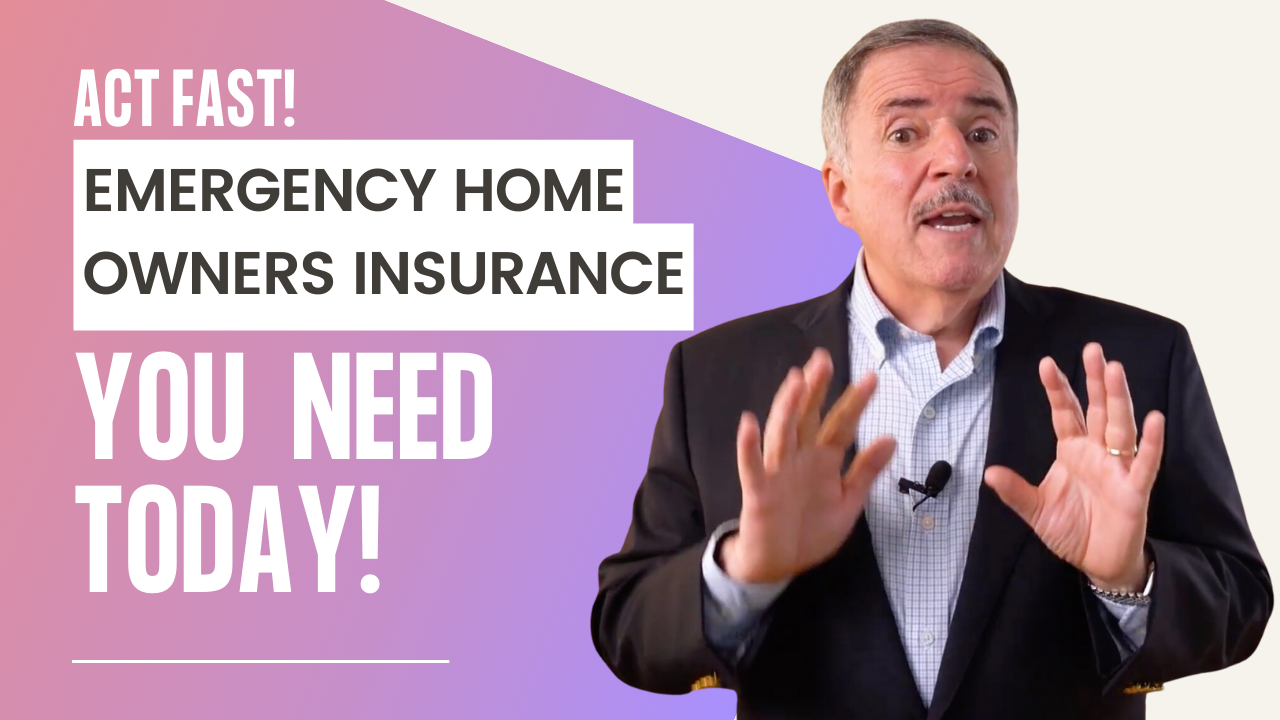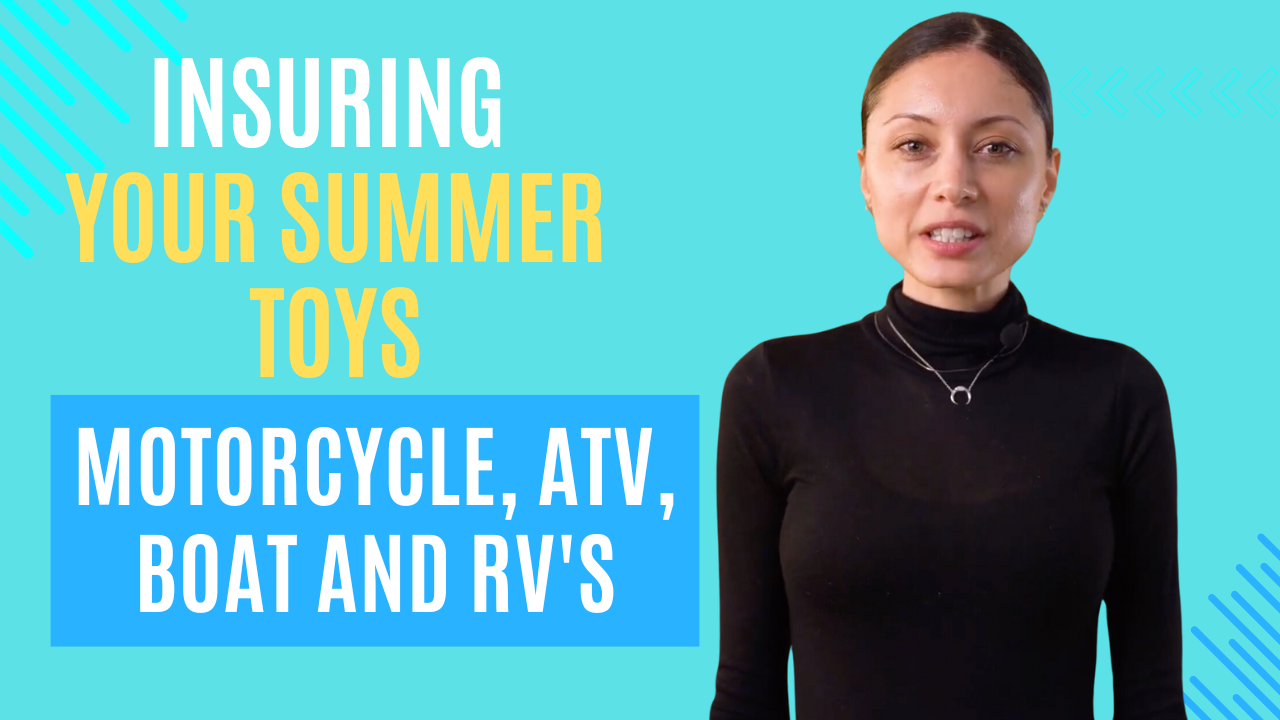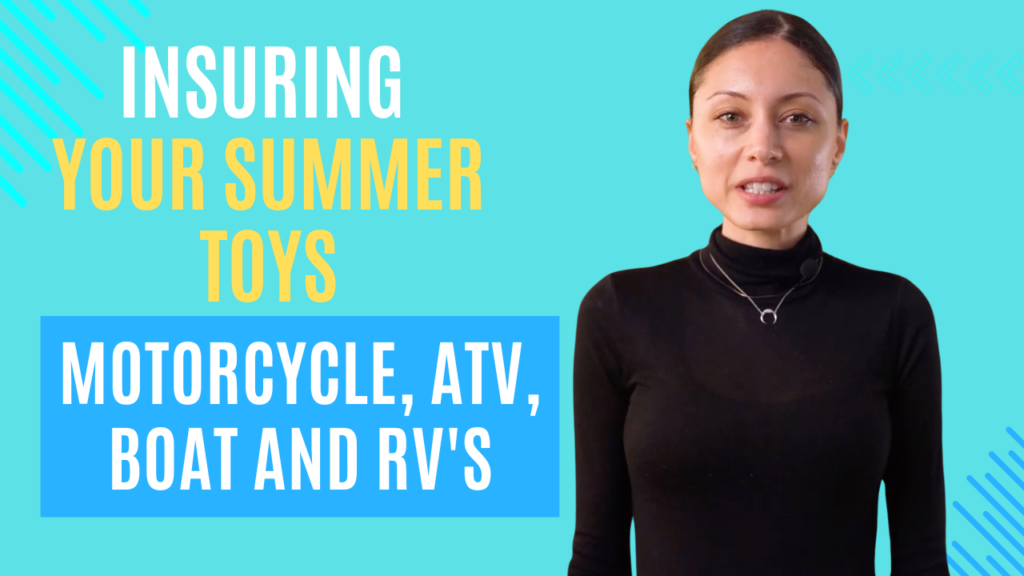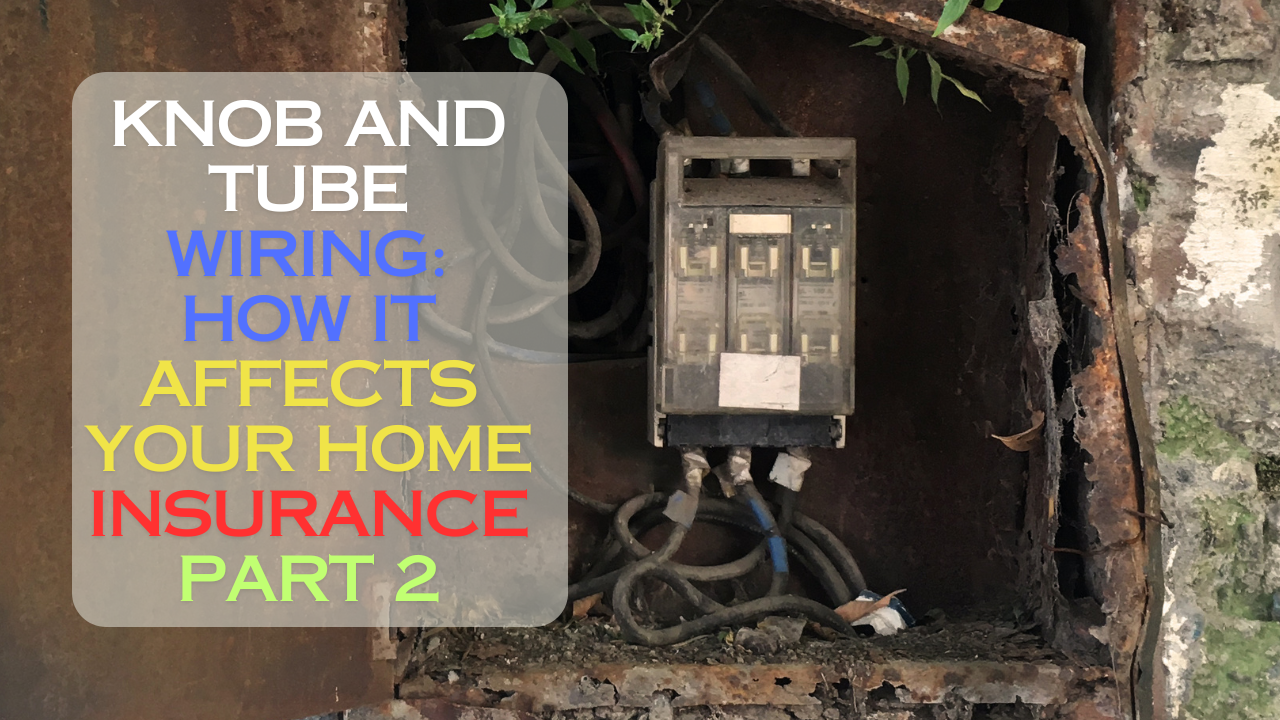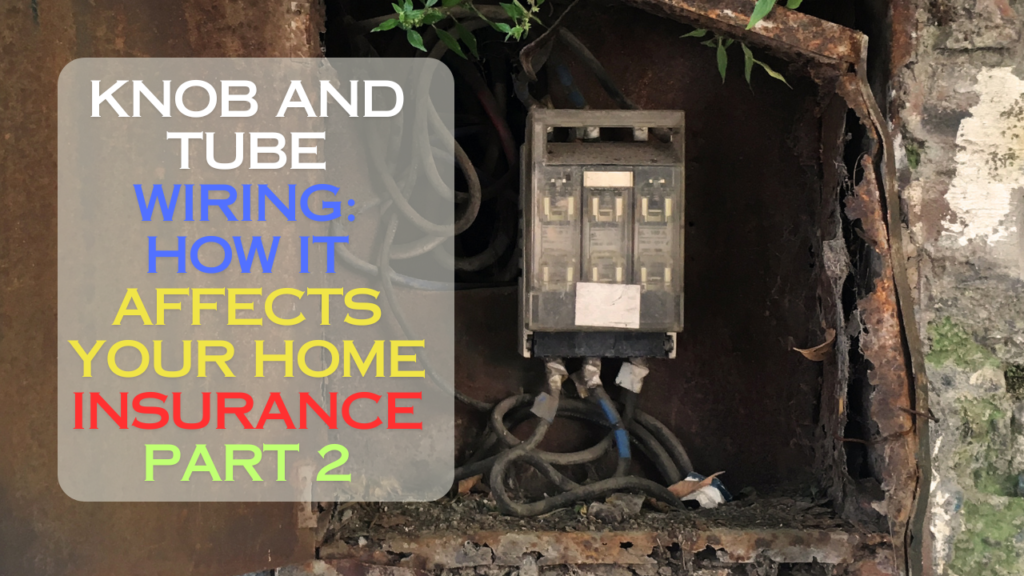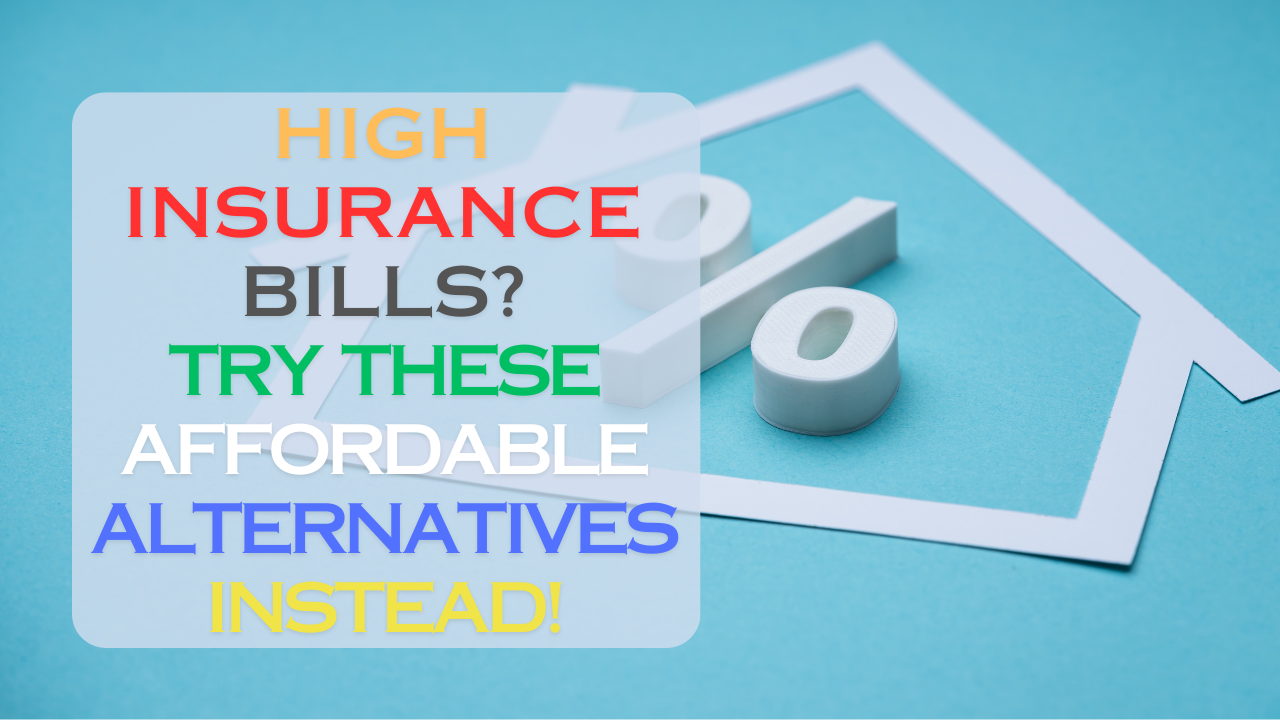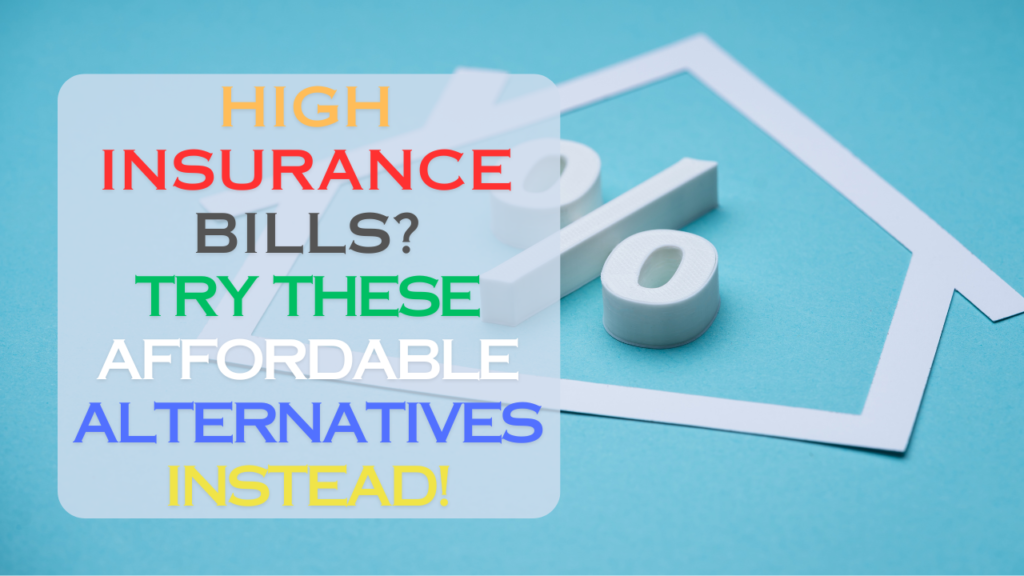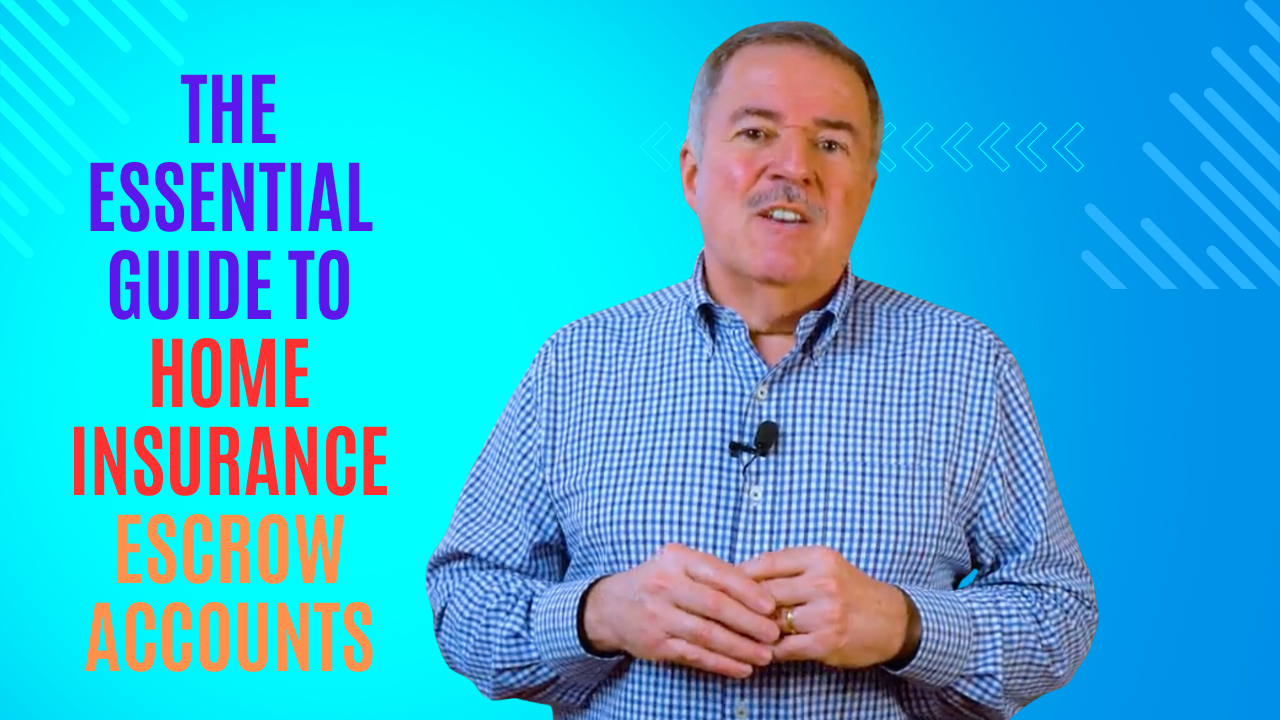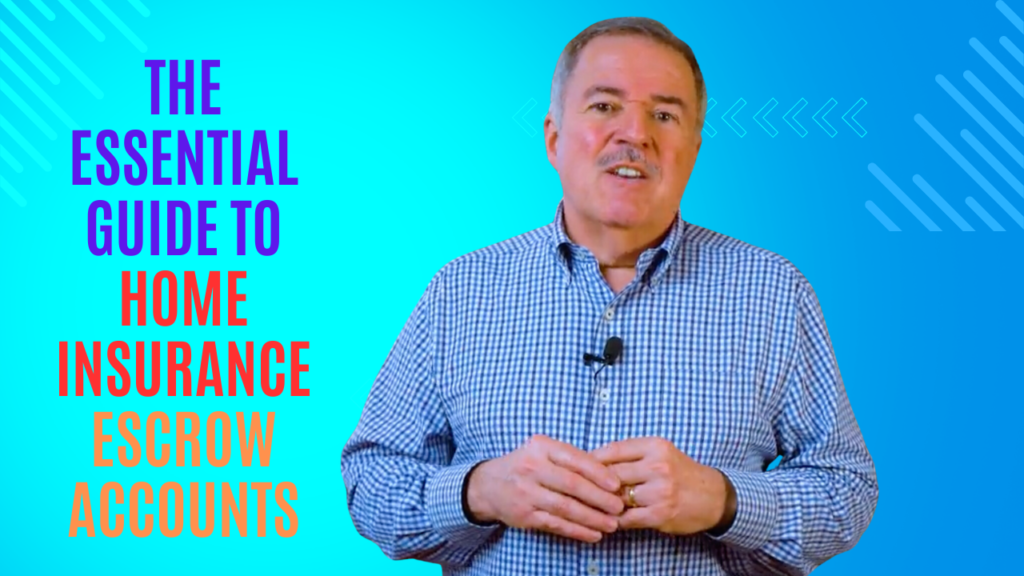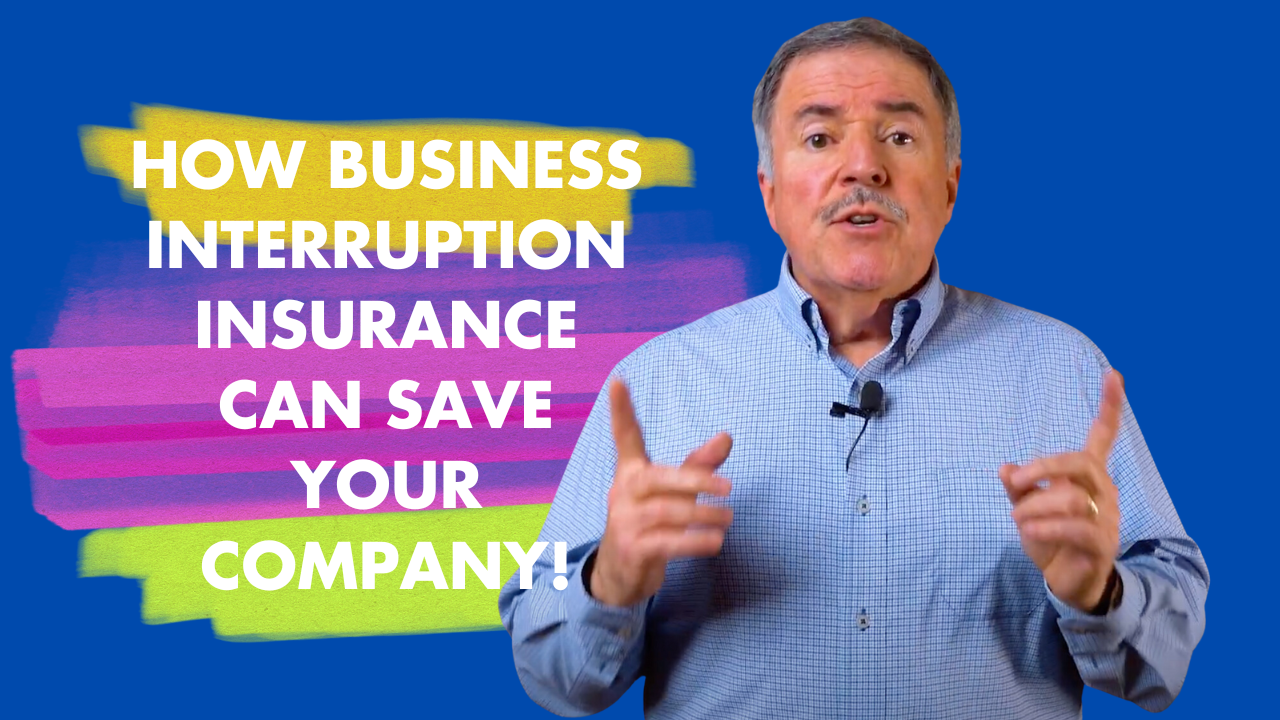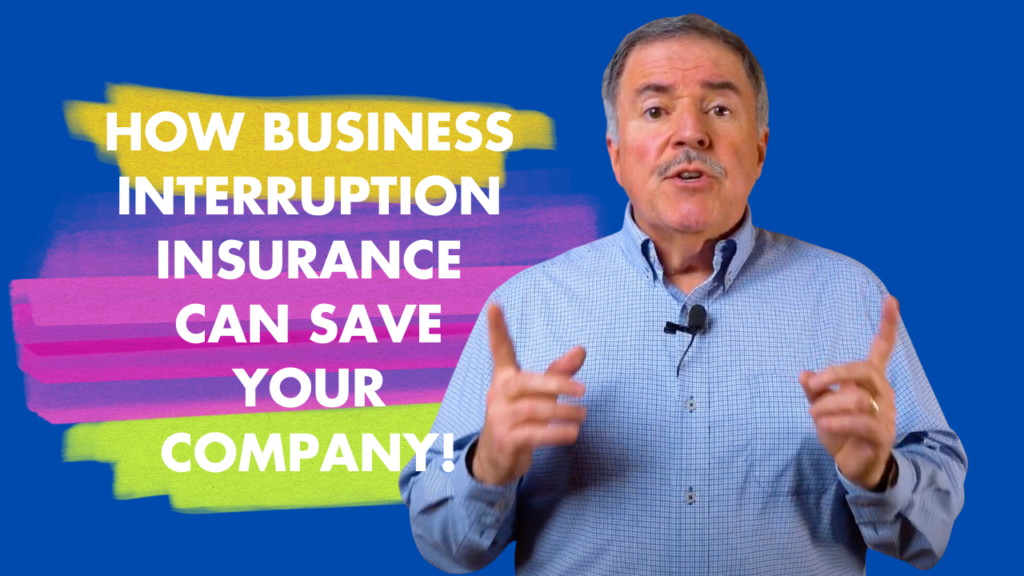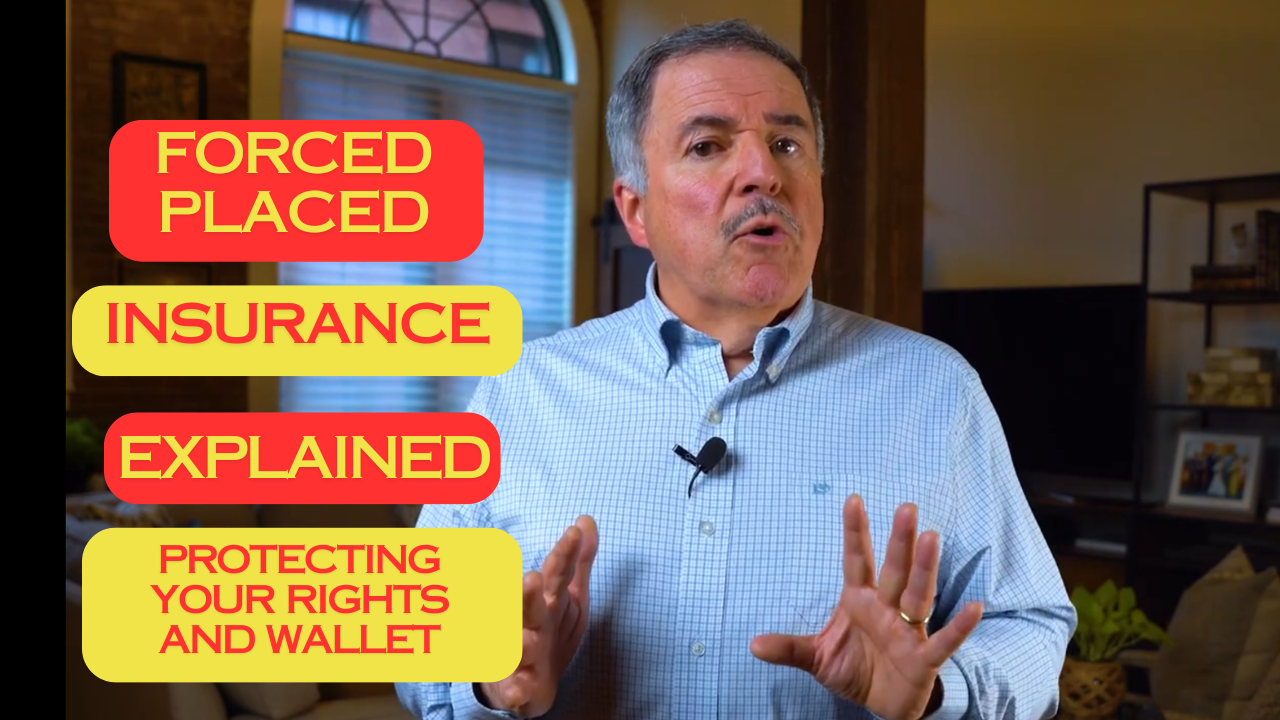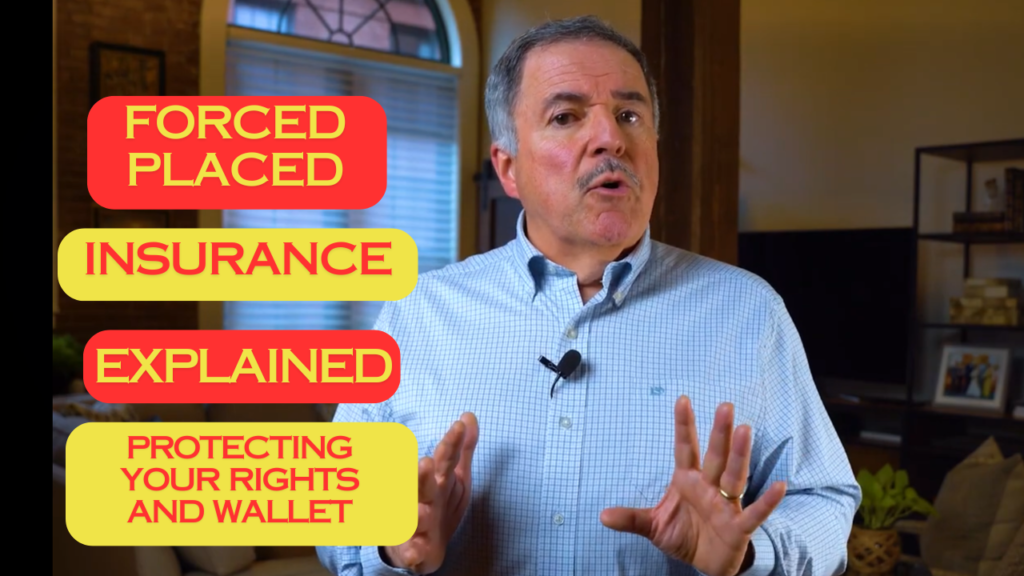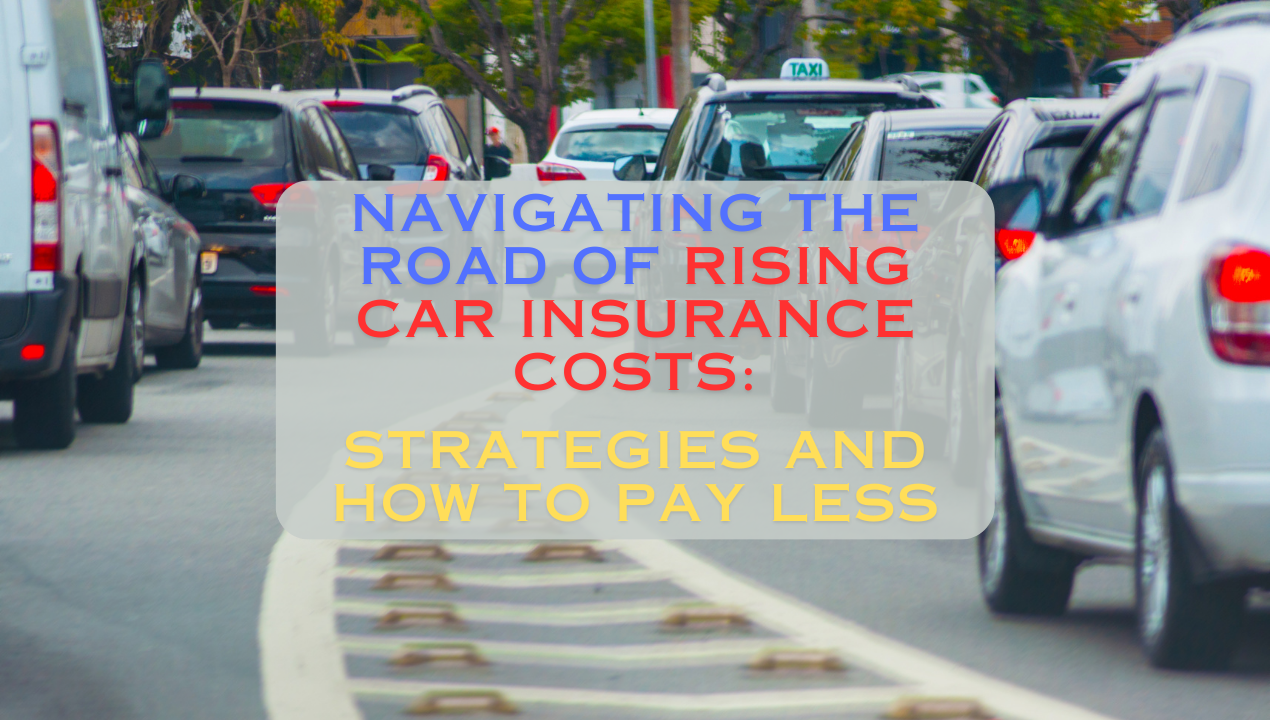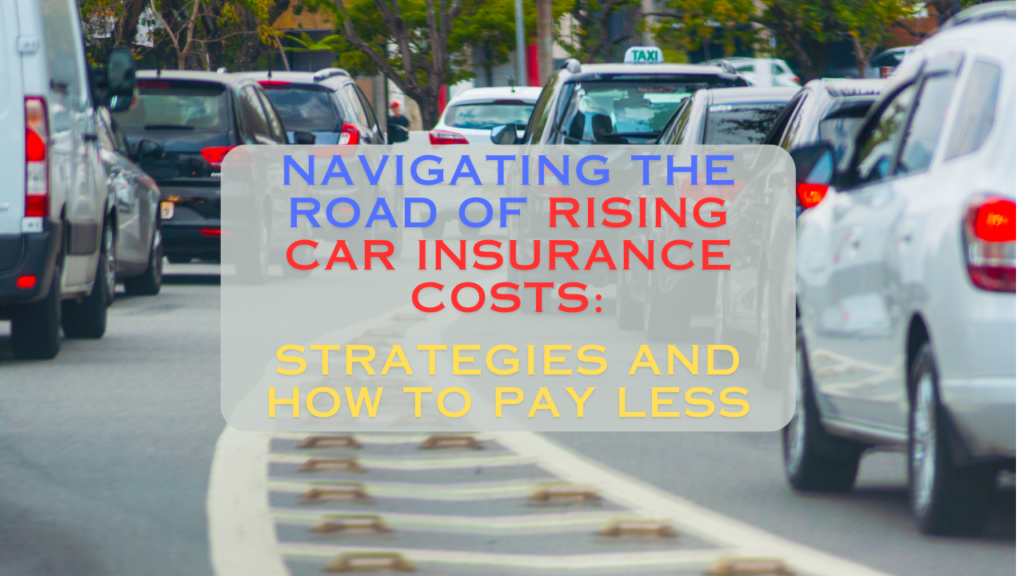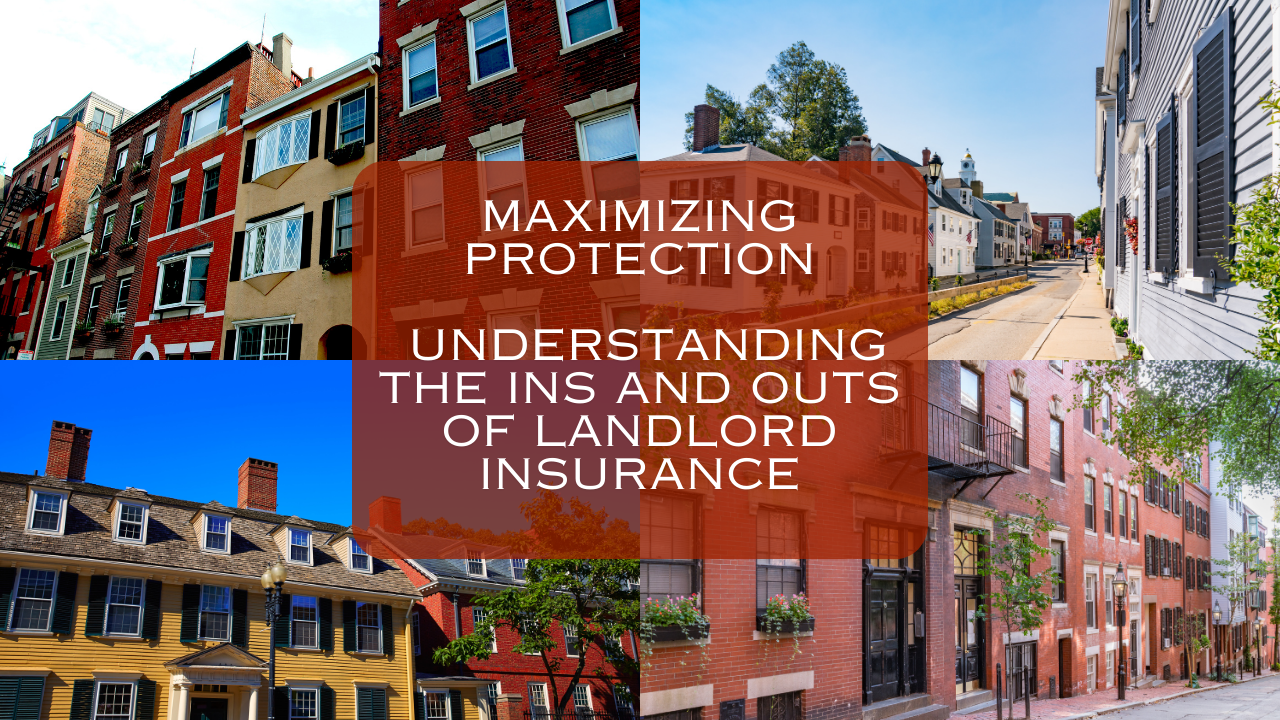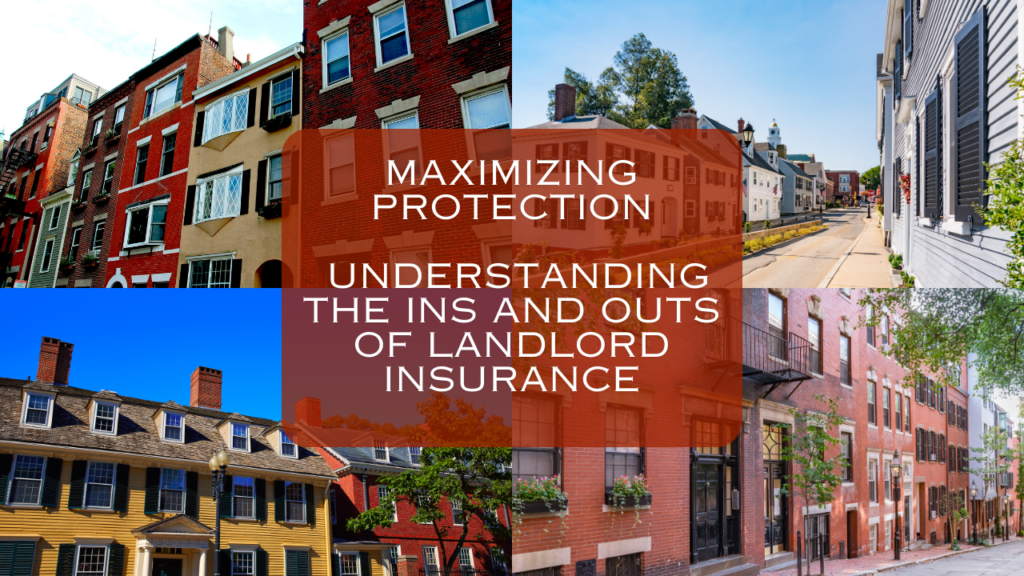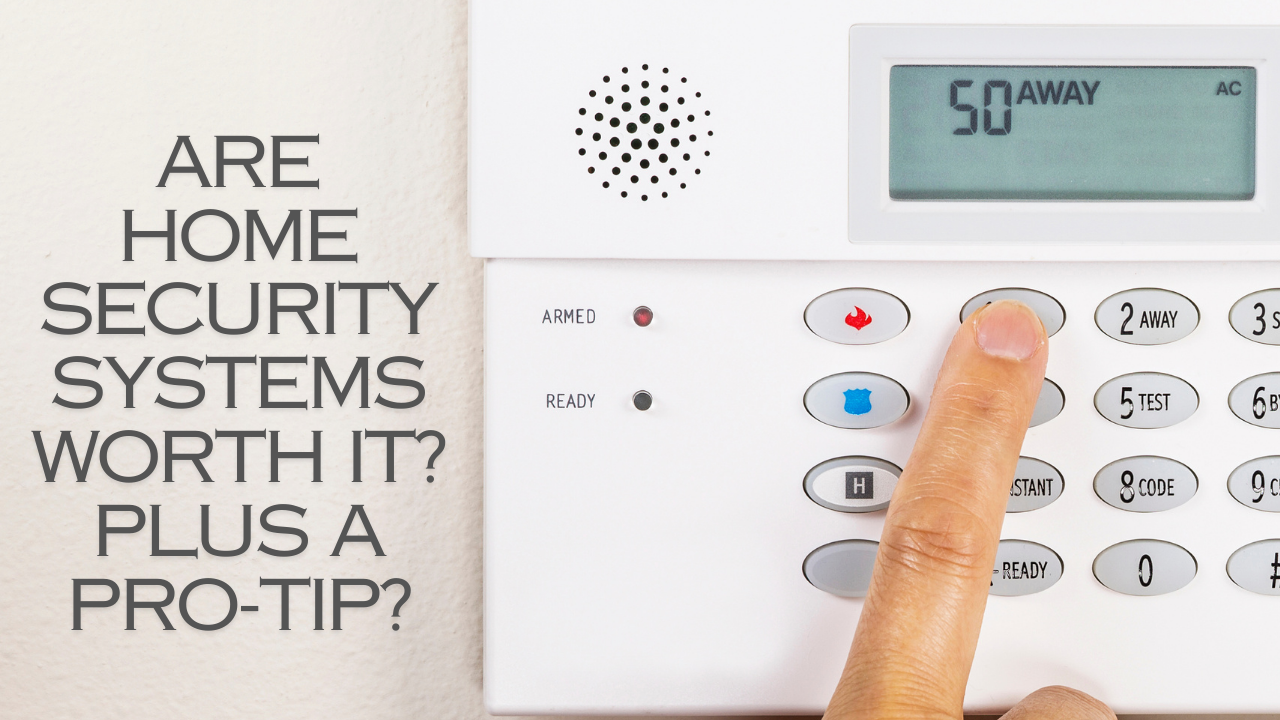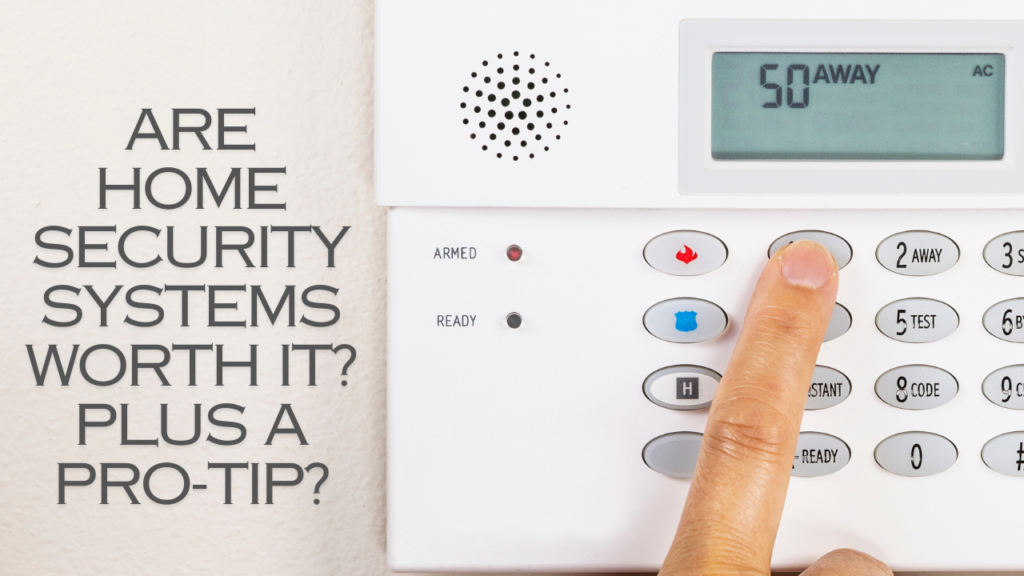ACT FAST! Emergency Home Owners Insurance You Need Today!
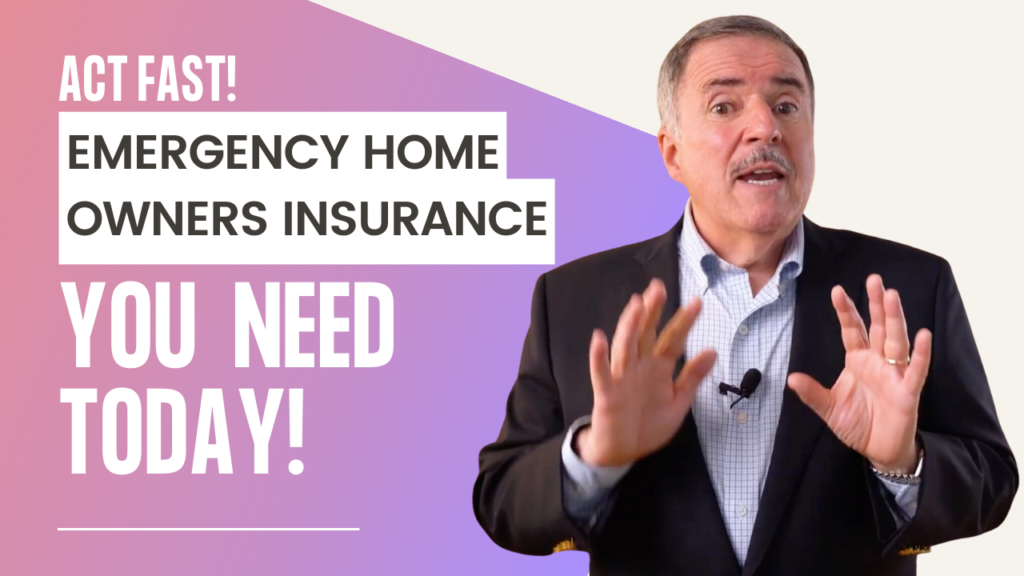
Having trees on your property can bring lots of benefits. They provide shade, improve air quality, and even boost your home’s curb appeal. However, there are also risks, especially if the trees are close to your house or other structures.
So, what happens if a tree falls on your house? Does insurance cover it? Let’s explore everything you need to know about what you should expect from your homeowner’s insurance in such a situation.
Immediate Actions to Take When a Tree Falls on Your House
When a tree falls on your house, whether due to high winds, lightning, or heavy rain, knowing the right steps to take can help protect your family and minimize damage to your home.
1. Immediately Evacuate:
Safety first. If a tree falls on your house, make sure everyone evacuates safely. Have a plan in place so that all family members know the best exit routes and where to meet safely outside the home.
2. Call 911:
Once everyone is safe, call emergency services to report the incident. They may send someone to check the structural safety of your home or to address potential hazards like gas leaks.
3. Don’t Attempt Repairs Yourself:
Avoid trying to remove the tree or making repairs during a storm. Conditions could be dangerous, and you might cause further damage.
4. Contact Your Insurance Company:
Notify your insurance company about the incident. They will guide you on the next steps and how to file a claim.
5. Find a Trustworthy Contractor:
To repair any damage, it’s essential to choose a reliable contractor. Be cautious of scams, especially from storm chasers who take advantage of such situations.
Does Homeowners Insurance Cover Tree Removal and Damage?
Most homeowner’s insurance policies cover tree removal and damages if the tree falls on a covered structure, like your house, due to a peril covered under your policy (such as storms or lightning). Here’s what’s typically covered:
- Removal Costs: If a tree falls on your home, insurance usually covers the cost of removing the tree from the damaged structure to make repairs possible.
- Damage Repairs: Insurance often helps pay for repairs to your home if a tree falls due to natural disasters covered by your policy.
However, if the tree falls on your lawn or driveway without damaging any insured structure, removal costs might not be covered unless it blocks a driveway or a ramp designed to assist the handicapped.
What About Damage from a Neighbor’s Tree?
If a tree from your neighbor’s property falls on your home, your homeowner’s insurance should cover the damages and removal costs as if it were your own tree, under the same conditions. If the tree fell due to your neighbor’s negligence (like a known, untreated disease), your insurance company might seek reimbursement from your neighbor’s insurance through a process called subrogation.
Insurance Coverage Limits and Deductibles
Your coverage limit is the maximum amount your insurance will pay for a covered loss. You also need to consider your deductible — the amount you pay out of pocket before insurance kicks in. Make sure your coverage limits align with the value of your property and that you can comfortably afford your deductible.
Preventative Measures and Maintenance
To prevent potential damage, regular maintenance on the trees on your property is crucial. Remove dead or diseased trees, trim overhanging branches, and assess tree health regularly. This proactive approach not only protects your property but also can help avoid disputes with neighbors over tree issues.
Choosing the Right Insurance
Selecting the right homeowner’s insurance is crucial. Make sure you understand what your policy covers and what it doesn’t. If you live in an area prone to certain natural disasters, like heavy winds or earthquakes, consider additional coverage options to ensure full protection.
Conclusion
Knowing how your homeowner’s insurance responds if a tree falls on your house gives you peace of mind and helps you prepare for emergencies. Regular maintenance and understanding your policy are key to managing your property safely and effectively.
And remember, the team at Vargas & Vargas Insurance can be reached at 617-298-0655 and is always ready and willing to help with your insurance needs and questions. We’re here to ensure you have the right coverage for your home and to assist you through any claims process.


